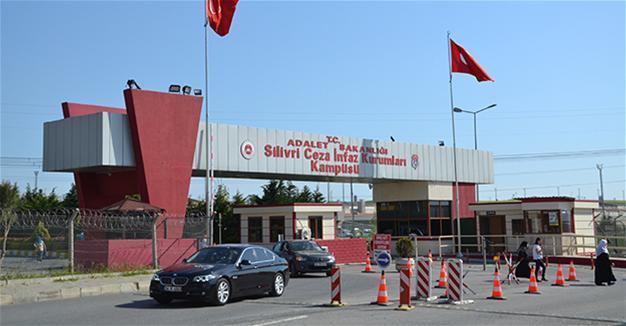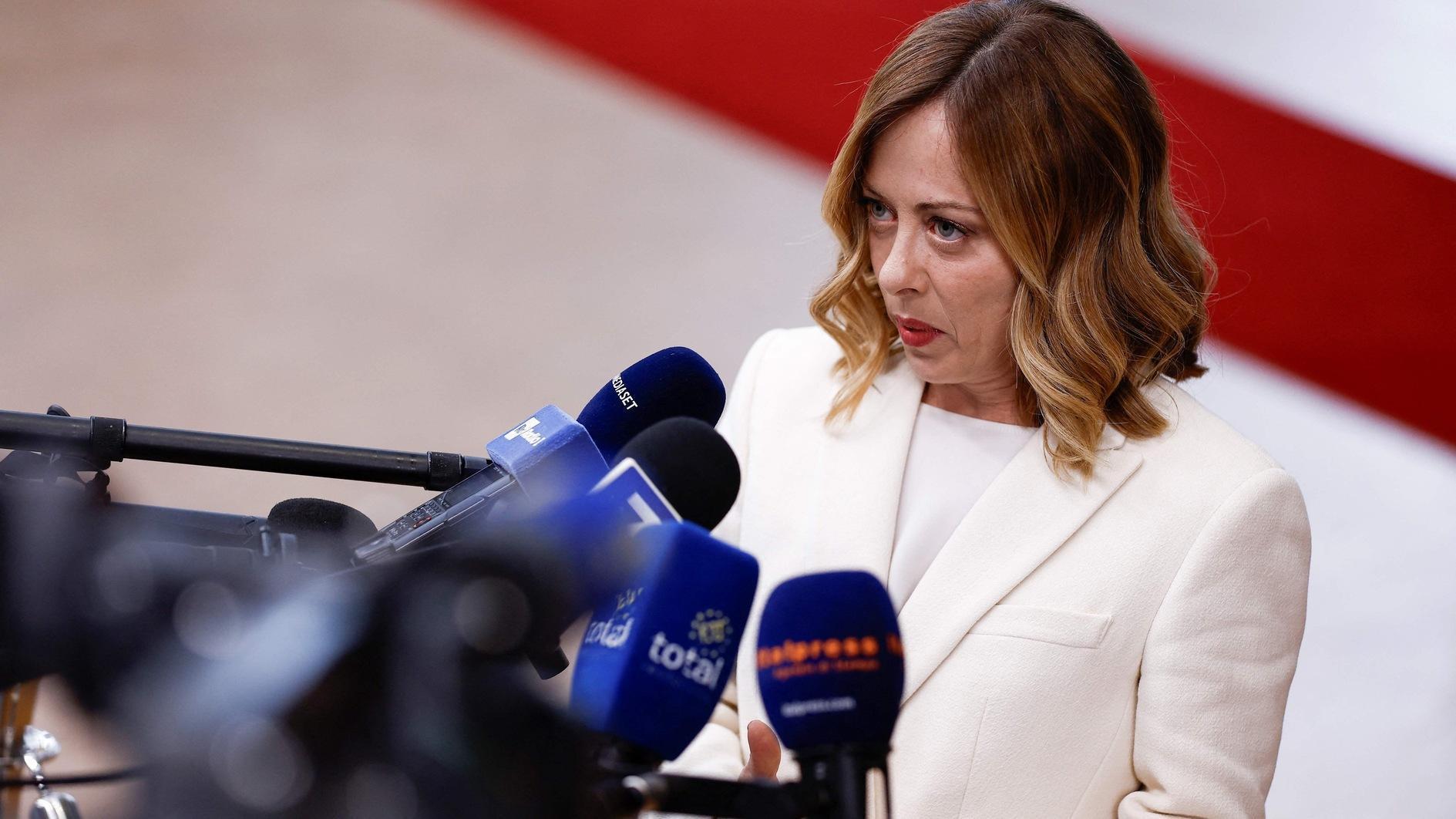Humanitarian conditions deteriorating in prisons, says CHP report
ANKARA

AA photo
The humanitarian conditions in prisons are deteriorating day by day, a Republican People’s Party (CHP) sub-commission investigating prison conditions has stated after conducting interviews with imprisoned journalist in Istanbul’s Silivri Prison.“We have observed that the pressure on inmates by prison management has been increased so much that it is unprecedented in Turkish history. We note that in prison, humanitarian conditions have deteriorated greatly, that isolation is dominant and that the right to visits is limited as much as possible,” a report prepared by CHP lawmakers read on May 4.
The committee, composed of CHP lawmakers Veli Ağbaba, Nurettin Demir, Şenal Sarıhan and Necati Yılmaz, visited Silivri Prison in Istanbul, conducting interviews with Ahmet Altan, Mehmet Altan, Muhammet Ali Gül, Fatih Gürsul, Deniz Yücel, Gökçe Fırat Çulhaoğlu, Atilla Taş, Murat Aksoy and Ali Bulaç, most of whom are journalists.
The report prepared after the interviews stated that the conditions worsened after the state of emergency rule following July 15 coup attempt.
‘I am a hostage’: Deniz Yücel
Yücel, a correspondent from German daily Die Welt, argued that his imprisonment was political.
“I have been taken as a hostage over the referendum,” Yücel told the committee. “They are doing negotiations in my name. I am a journalist. There is a state under the rule of law, maybe not. Letters have not been sent,” he said.
Yücel was arrested in February on charges that he engaged in propaganda in support of the outlawed Kurdistan Workers’ Party (PKK) and incited public violence. He faces up to 10.5 years in jail if convicted.
Bulaç, a former columnist for the now-shuttered daily Zaman, said there were restrictions on books, while visits were also not confidential.
“There are problems because of the state of emergency. Visits are under surveillance. Whenever we object, they say there is a state of emergency,” he said.
“There is a limitation of 10 books; if you do not read one within 15 days, they take it back,” he said.
‘Lost belief in justice’: Atilla Taş
Taş, who emerged as a singer before becoming a columnist for daily Meydan, which was also shut down after the July 15, 2016, coup attempt, said he had “lost his belief in justice.”
“Our morale has been destroyed. They built a cage over the courtyard. We had a handful of a sky, now they took it away from us. It would be better if they pour concrete over us. I want to say ‘the law will triumph,’ but there is no law here. Letters are forbidden. What bad could there be in letters?” he said.
Taş shot to prominence on social media thanks to his active role during the 2013 anti-government Gezi Park protests, but is now being charged with being a member of the Gülen movement.
Altan brothers: ‘No concrete evidence against us’
Ahmet Altan told the committee that his imprisonment aimed “to create an environment of fear.”
“There is not even one sentence that is true. It’s so wrong that what is written in one paragraph is refuted in the next paragraph. There is no single piece of evidence against me,” he said.
Ahmet Altan was imprisoned after the coup attempt on the grounds that he “gave subliminal messages suggesting a military coup,” according to an official document sent to the police by the prosecutor’s office.
“It is not just to silence us; it is to create an environment of fear,” he said.
The journalist’s brother, Professor Mehmet Altan, said “he had never seen such an era.”
“I have struggled against tutelage my entire life. I see that there was law then. Before, there was law, even if it just formally existed. Now, even that is not the case. Prosecutors create crimes by reading intentions and people’s subconscious rather than finding concrete evidence,” he said.
‘Imprisoned because of a video’
Gül, a student who was detained on the grounds that he managed a fake Twitter account that defamed President Recep Tayyip Erdoğan and religion, argued that he was imprisoned because of a video he produced against the constitutional charter during the referendum process.
“A fake profile called Felix Dzerjinski posted tweets which include swears. That profile does not belong to me. I am imprisoned because I shot a ‘no’ video [for the constitutional referendum],” he said.
















